Uranium Recycling is Set to See a Revival 47 Years After It Was Banned By the Jimmy Carter Administration
Nearly half a decade after the United States banned the recycling of spent uranium fuel, a bill in the US House may be laying the foundation to undo this ban.
This bill, meant to avoid a US government shutdown, contains stipulations for funding nuclear startups to recycle this nuclear waste. If the bill becomes law, it nuclear advocates think it could be a huge step in the right direction.
History of the Ban
Towards the end of the Cold War between the United States and the Soviet Union, US president Jimmy Carter managed to ban the recycling of spent uranium fuel.
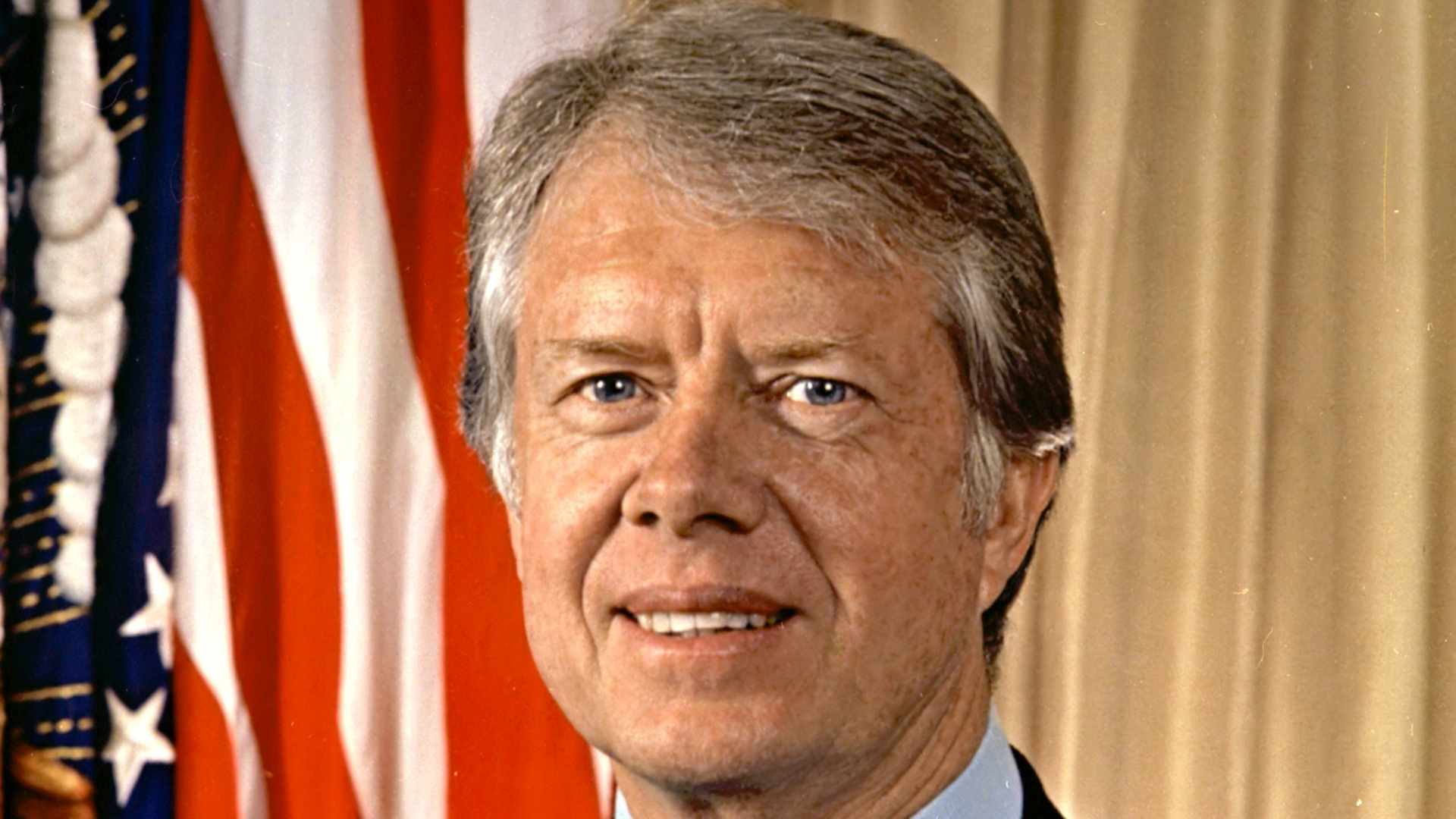
Source: Wikimedia
His fear at the time was that this process would lead to a proliferation of nuclear weapons that could ignite the world in another war. He hoped by the United States setting an example, the rest of the world would follow.
The Rest of the World Didn’t Follow
Unfortunately for Carter and the United States, the rest of the world did not quite follow their example. Countries like Japan, France, China, Russia, and the UK have all put efforts towards developing tools to recycle nuclear waste or recycling their waste with the help of other countries.

Source: Kelly/Pexels
However, despite these countries developing facilities and technology to process spent uranium in the intervening years, there hasn’t been a massive proliferation of new nuclear weapons.
Cost-sharing Program
The bill that passed by the House is over 1,000 pages long and contains language that provides funding for a $10 million cost-sharing program.
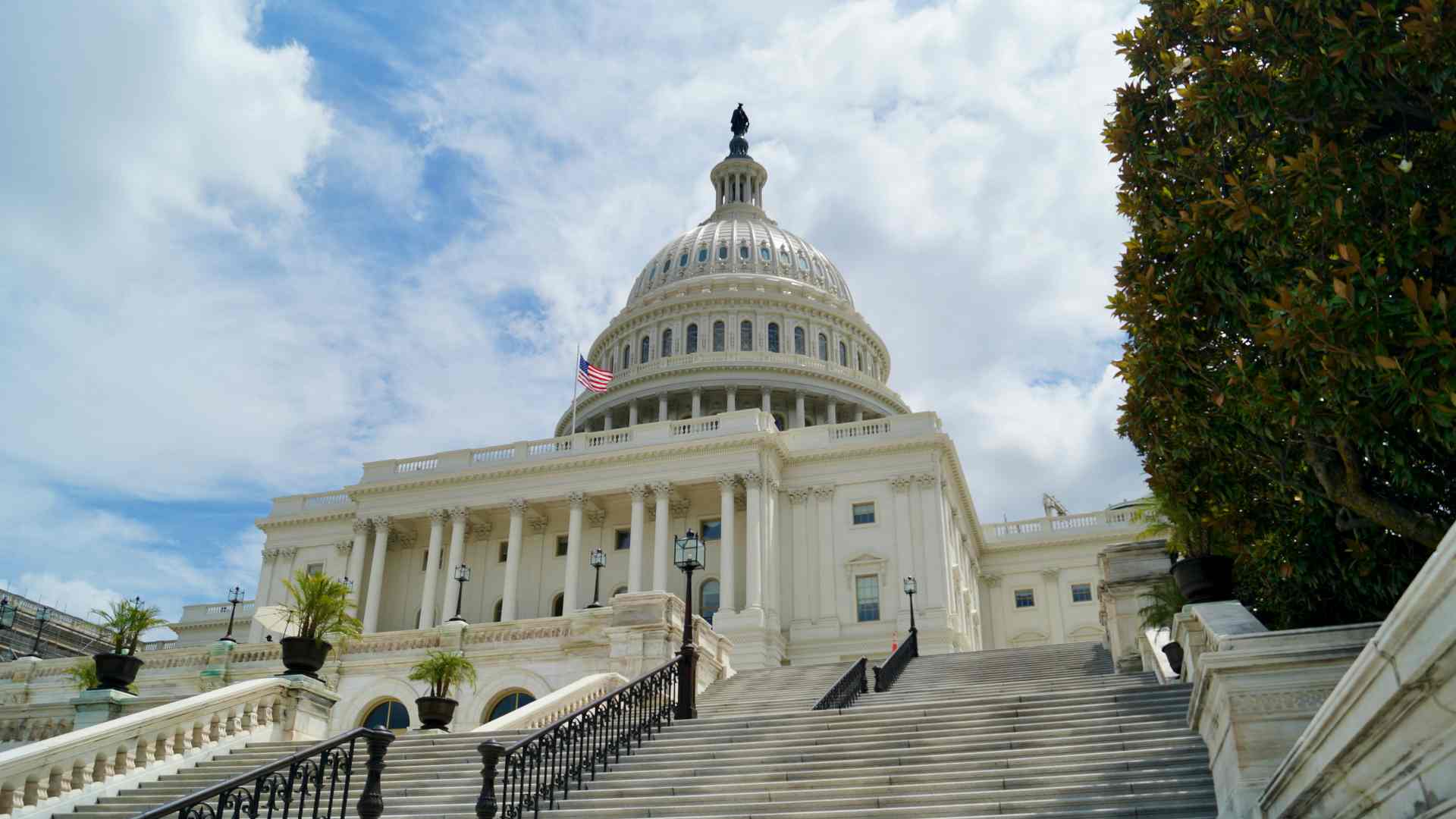
Source: Samuel Schroth/Unsplash
This program would help fund private commercial companies who need help affording the federal licensing process. The proposal is meant to help nuclear startup businesses that would normally need to undergo this process to become eligible waste-recycling companies in the United States.
Regulatory Assistance
Craig Piercy, the chief executive of the American Nuclear Society, made comments in support of the congressional push to resurrect nuclear waste recycling.
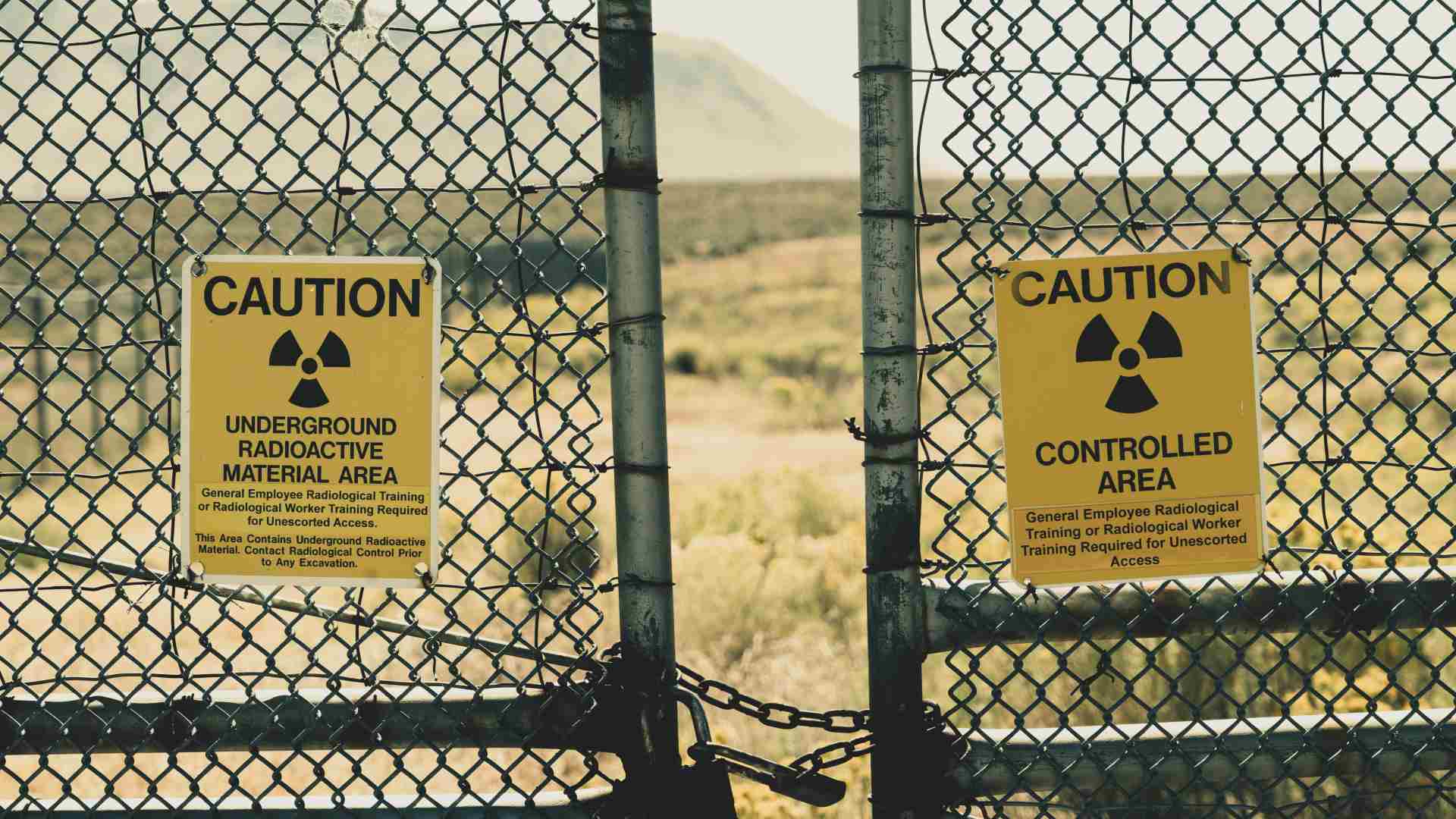
Source: Dan Meyers/Unsplash
“There is developing commercial interest in nuclear-fuel recycling. What Congress is doing is providing some assistance to begin exploring the regulatory pathways to allow this to become a commercial reality.” (via Huffpost)
Small but Symbolic Effort
In the grand scheme of nuclear power reprocessing, $10 million is really not that much. However, what is important for nuclear activists, entrepreneurs, and the general public is what this move symbolizes.
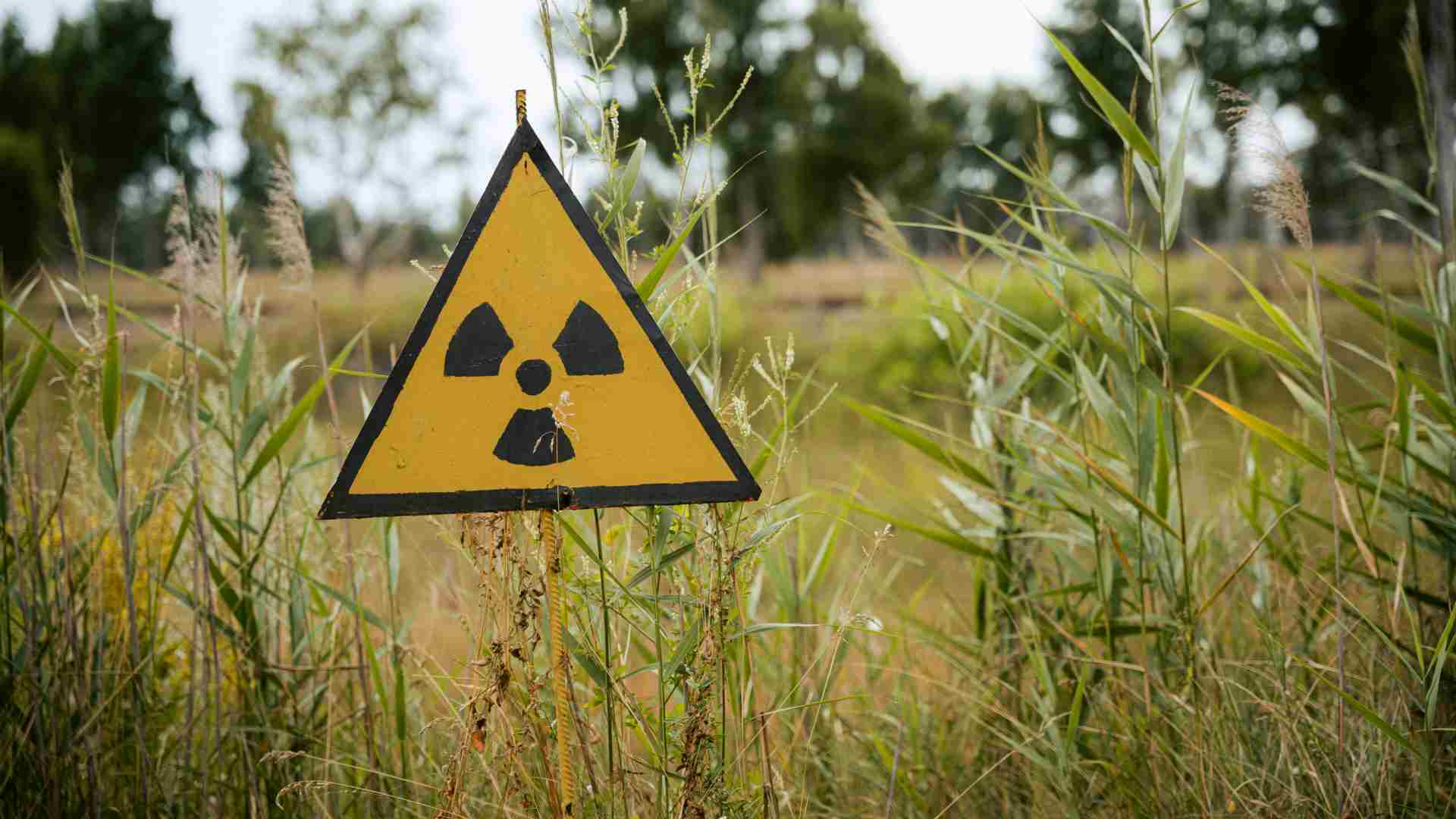
Source: Killian Karger/Unsplash
Just a decade or more ago, nuclear power was a controversial and hot-button issue. Environmentalists once decried nuclear power in favor of wind or solar, but those opinions seem to be changing.
Protests Not Long Ago
In the early 2010s, nuclear power was heavily protested by environmental groups across the world. Many of these protests followed the disaster at the Japanese Fukushima power plant where thousands of people marched on the capital of Japan.
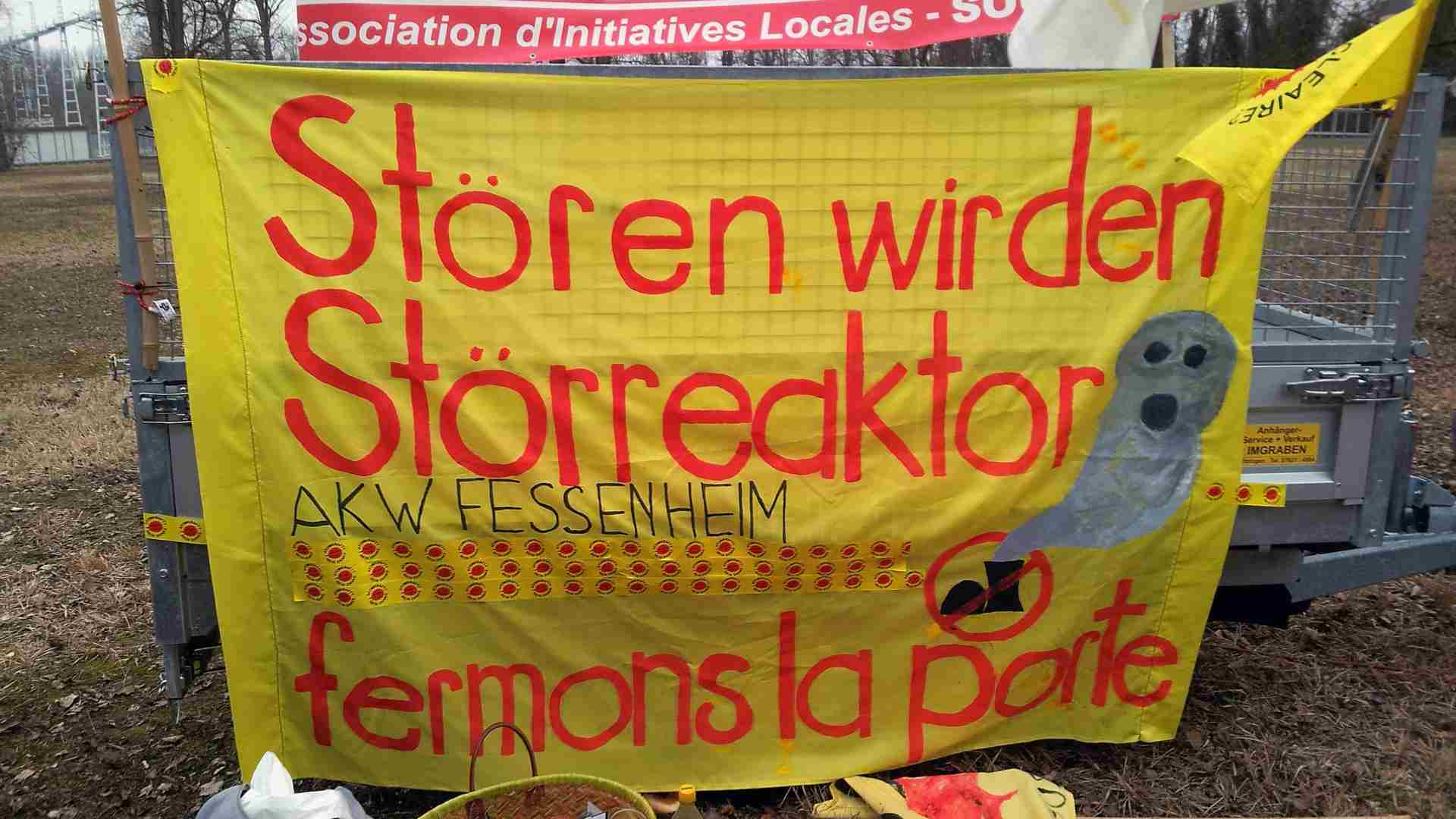
Source: Michael Schmalenstroer/Unsplash
Germany also had its own strong anti-nuclear movement at that time where tens of thousands of protestors descended its capital, resulting in the government promising to decommission its nuclear power plants.
Things Have Changed
Today’s politics have seen a shift in opinion on nuclear power. In America, both Republicans and Democrats can support it more easily without as much fear of reprisal from environmental groups as there used to be.
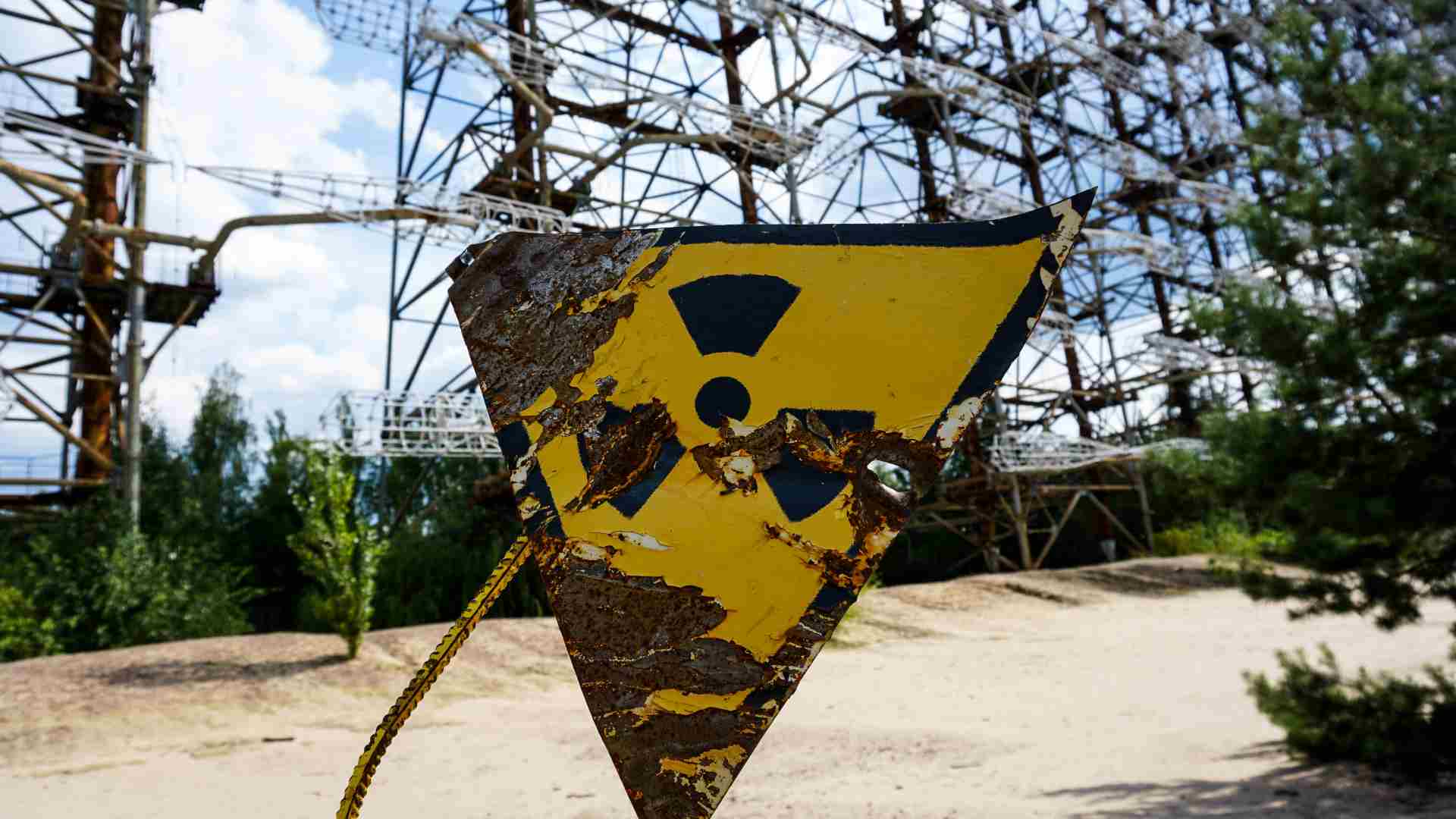
Source: Ilja Nedilko/Unsplash
This latest bill in the House has the support of Republican representative Chuck Fleishman, who considers it a priority. However, recent statements from Democrat Representative Alexandria Ocasio-Cortez, a popular figure in Democrat politics, also seem to signal she may support recycling nuclear waste.
Ocasio-Cortez Talks Up Fuel Reprocessing
On a recent visit to Japan Ocasio-Cortez gave her thoughts on nuclear waste recycling and her comments seemed to suggest she was positive about it.

Source: nrkbeta/Wikimedia
“When we discuss the risk and controversial parts of nuclear, a lot of it centers on nuclear waste and what to do with it. Nuclear waste is radioactive, and needs to be securely taken care of.” She has also praised France’s radioactive waste recycling, saying it was efficient.
Recycling Versus Reprocessing
Opponents of nuclear energy object over the use of the term recycling. Some find the rebranding of reprocessing to recycling a misleading tactic by nuclear energy interests to make the process seem clean and non-threatening.
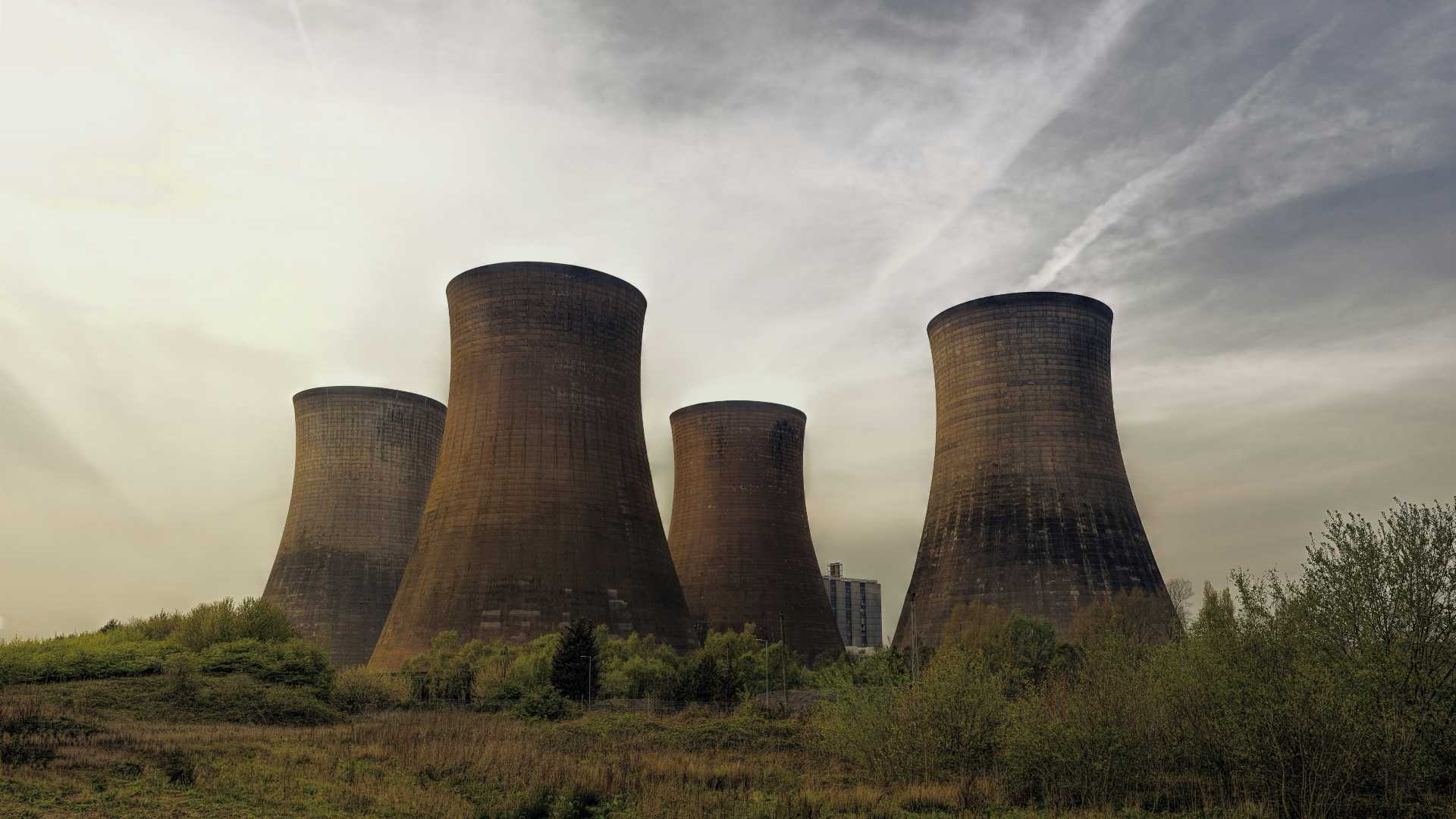
Source: Johannes Pienio/Unsplash
The actual process for reprocessing nuclear waste involves pollutants that aren’t as good for the environment as the term recycling would make them seem.
A Big Deal
Edward McGinnis is a former worker at the Energy Department who became an executive at a fuel-recycling startup. He was amazed at how the spectrum of opinions has changed on this issue.
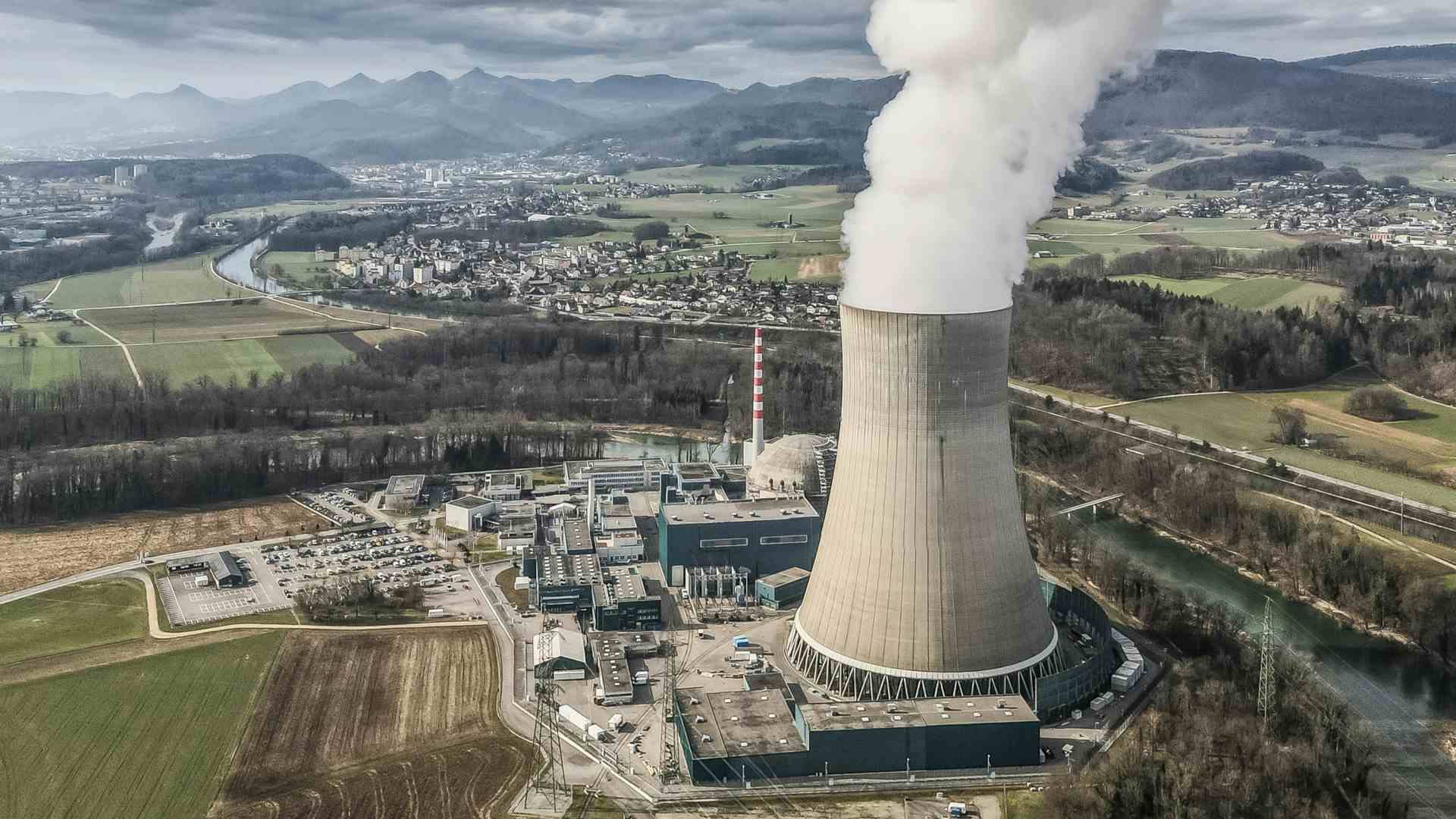
Source: Patrick Federi/Unsplash
“This is a big deal. It’s the first time that we’re seeing recycling and reprocessing as a funding item. That says a lot. That is a reflection of how much the nuclear policy landscape in a bipartisan way has changed,” McGinnis said.
First Steps
If more proposals like this can have political success, this would be a major first step towards the US starting to support private nuclear waste recycling companies instead of just letting nuclear waste pile up.
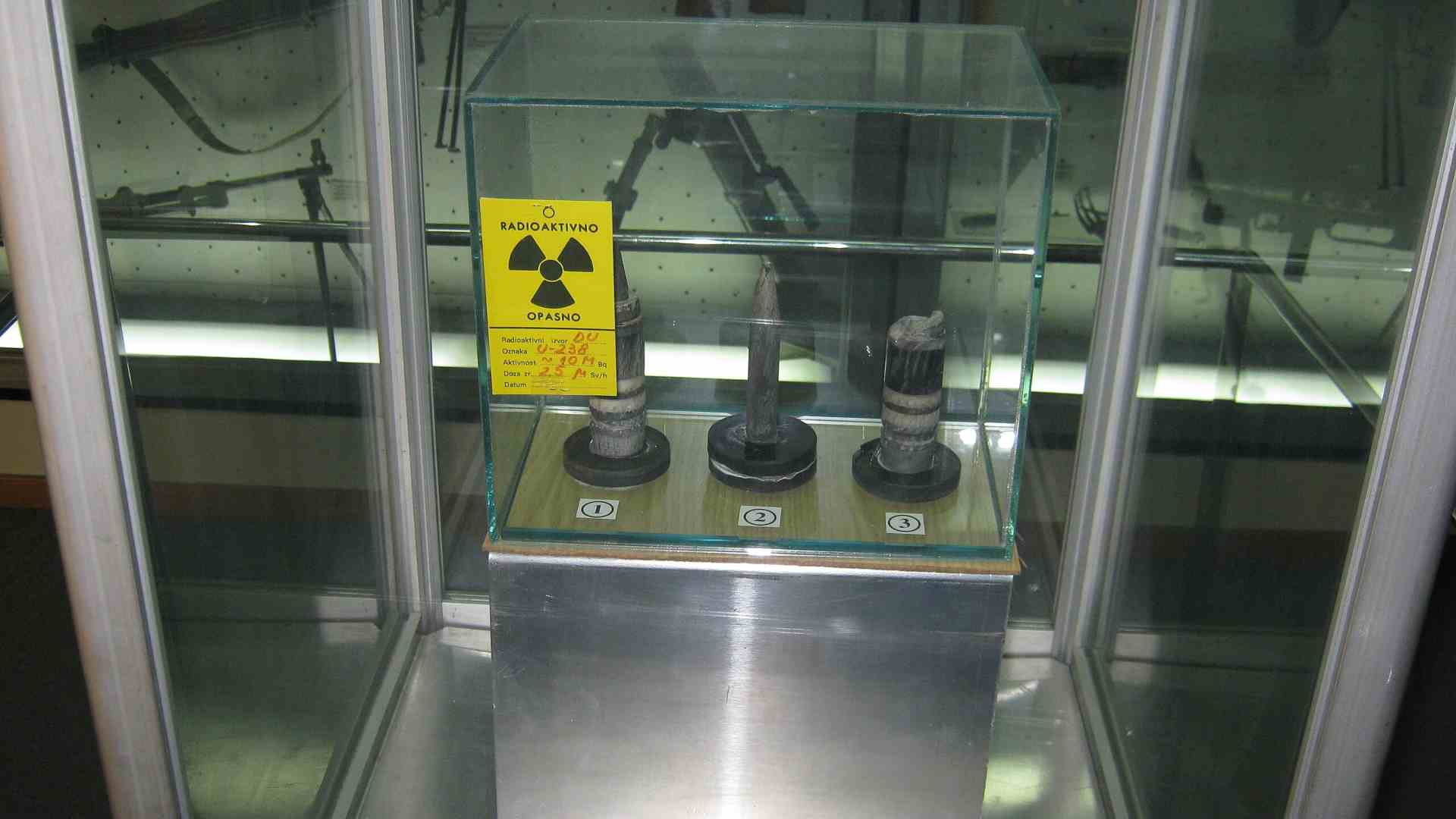
Source: Boksi/Wikimedia
Proponents of nuclear reprocessing are excited at this development and are hoping that this signal of support from the government will pave the way for an expansion of nuclear energy priorities.
